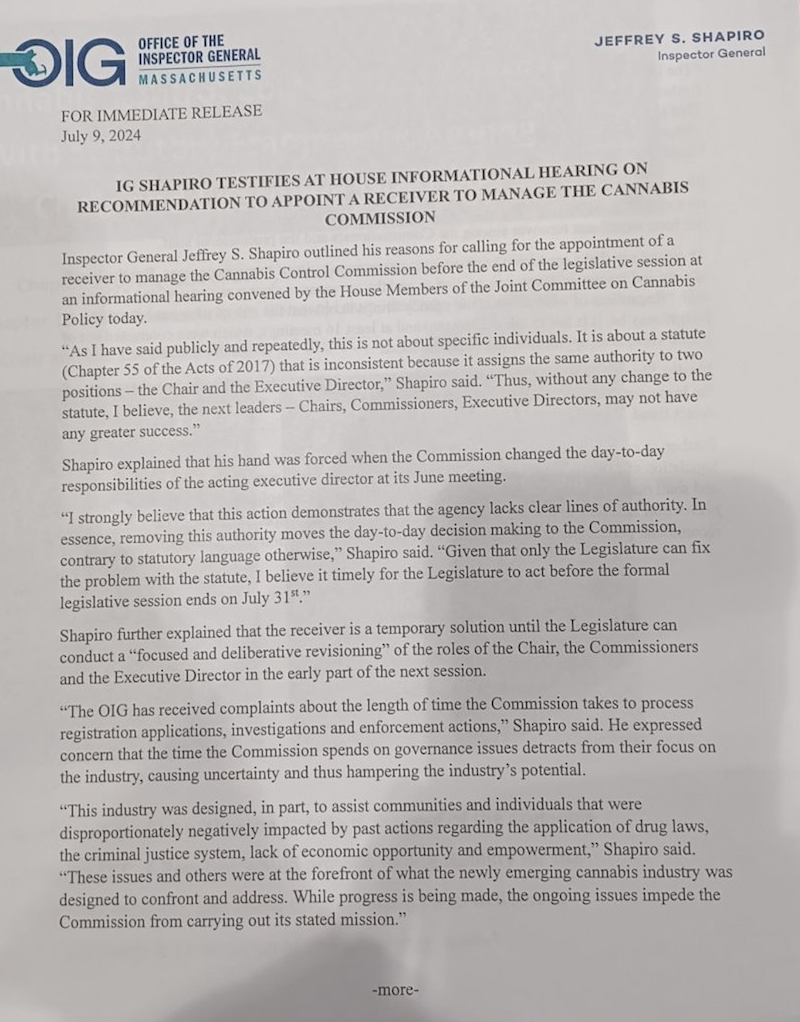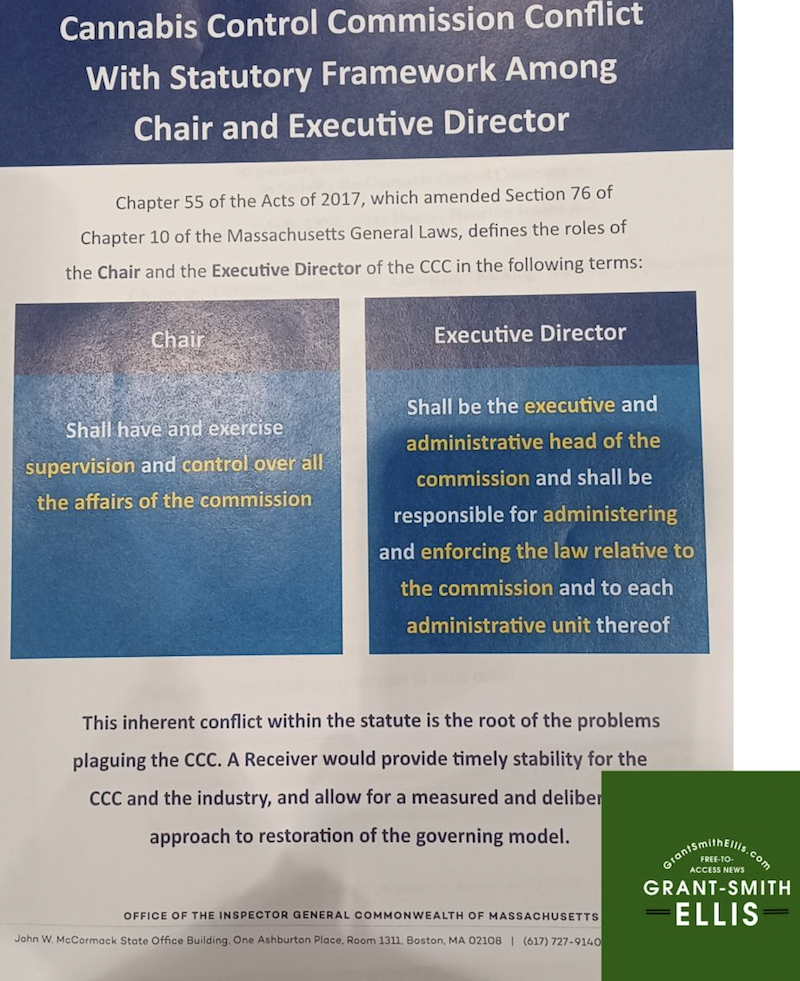MJ Biz reports
(This story was first posted at 12:27 a.m. ET Wednesday and updated with more details at 10:48 a.m. ET.)
In a major policy shift, Twitter is allowing “approved” and state-legal cannabis companies and other advertisers to post ads in the U.S. for regulated THC and CBD products, accessories and services, the social media platform has disclosed.
“We permit approved Cannabis (including CBD– cannabinoids) advertisers to target the United States” provided a slew of conditions are met, Twitter said on its website under the heading, “Drugs and drug paraphernalia.”
AdCann, a cannabis marketing and advertising website based in Toronto, first reported the development in a social media post.
AdCann noted that, “effective immediately,” Twitter will permit “advertisers to promote brand preference and informational cannabis-related content” for certain products and services, including:
- CBD and similar cannabinoid products.
- THC and similar products.
- Cannabis-related products and services, including delivery services, labs, events and more.
“American cannabis companies, brands and purveyors will need to pass through a Twitter advertiser approval process to ensure they are legitimate and educated on the platform,” AdCann reported.
“Once approved, industry marketers will have access to Twitter’s entire suite of advertising products including promoted tweets, promoted product opportunities, location-specific takeovers, in-stream video sponsorships and partner publication features.”
Cannabis industry executives welcomed the news.
“This has been in the works behind the scenes for a while,” Patrick Rea, the managing director at San Francisco-based venture capital firm Poseidon Garden Ventures, said in a tweet Tuesday night.
“Cannabis is a leading topic on @Twitter and should be a big channel for #cannabis advertising, depending on the details of the program. #progress,”
Rosie Mattio, CEO of Mattio Communications, a cannabis-focused marketing and communications firm in New York City, tweeted: “Kudos to @twitter for being the first major social network to welcome Cannabis advertisements.”
Under its new guidelines, Twitter said that cannabis advertisers – presumably companies – will be subject to a variety of restrictions and conditions:
- “Advertisers must be licensed by the appropriate authorities, and pre-authorized by Twitter.
- “Advertisers may only target jurisdictions in which they are licensed to promote these products or services online.
- “Advertisers may not promote or offer the sale of Cannabis (including CBD– cannabinoids). Exception: Ads for topical (non-ingestible) hemp-derived CBD topical products containing equal to or less than the 0.3% THC government-set threshold.
- “Advertisers are responsible for complying with all applicable laws, rules, regulations, and advertising guidelines.
- “Advertisers may not target customers under the age of 21.”
The sudden change in policy comes after billionaire Elon Musk completed his purchase of Twitter last October, buying the social media service for $44 billion.
Musk is well known for having smoked marijuana on Joe Rogan’s podcast in 2018.
Insider later reported that Musk – the CEO of space company SpaceX – was afterward ordered by the U.S. government to undergo random drug testing for a year.
SpaceX does considerable business with the federal government.
Musk’s purchase of Twitter immediately fanned speculation that the billionaire would loosen Twitter’s strict advertising policy governing marijuana.
“Up until now, only CBD topical brands were permitted to advertise on Twitter’s platform,” AdCann noted in its social media post.
“Moving forward – the social network will allow for the promotion of regulated THC and CBD-containing cannabis products, accessories, services and more.”
In its new guidelines, Twitter made clear it would not allow advertising directed toward minors.
The company also laid out several other restrictions, saying cannabis ads must:
- “Not appeal to minors in the creative, and landing pages must be age gated and sales must be age verified.
- “Not use characters, sports-persons, celebrities, or images/icons appealing to minors.
- “Not use minors or pregnant women as models in advertising.
- “Not make claims of efficacy or health benefits.
- “Not make false/misleading claims.
- “Not show depiction of cannabis product use.
- “Not depict people using or under the influence.
- “Not encourage transport across state lines.”
Twitter’s move comes on the heels of January announcement that Google Ads will no longer ban all hemp and CBD advertising in California, Colorado and Puerto Rico.
However, there will continue to be limitations to marketers, Google added in its blog post.
https://mjbizdaily.com/twitter-to-allow-cannabis-ads-in-the-united-states/?utm_medium=email&utm_source=newsletter&utm_campaign=HEMP_20230215_NEWS_Weekly


 Cannabis News1 year ago
Cannabis News1 year ago
 One-Hit Wonders1 year ago
One-Hit Wonders1 year ago
 Cannabis 1011 year ago
Cannabis 1011 year ago
 drug testing7 months ago
drug testing7 months ago
 Marijuana Business Daily1 year ago
Marijuana Business Daily1 year ago
 Education1 year ago
Education1 year ago
 Cannabis1 year ago
Cannabis1 year ago
 Education1 year ago
Education1 year ago


















